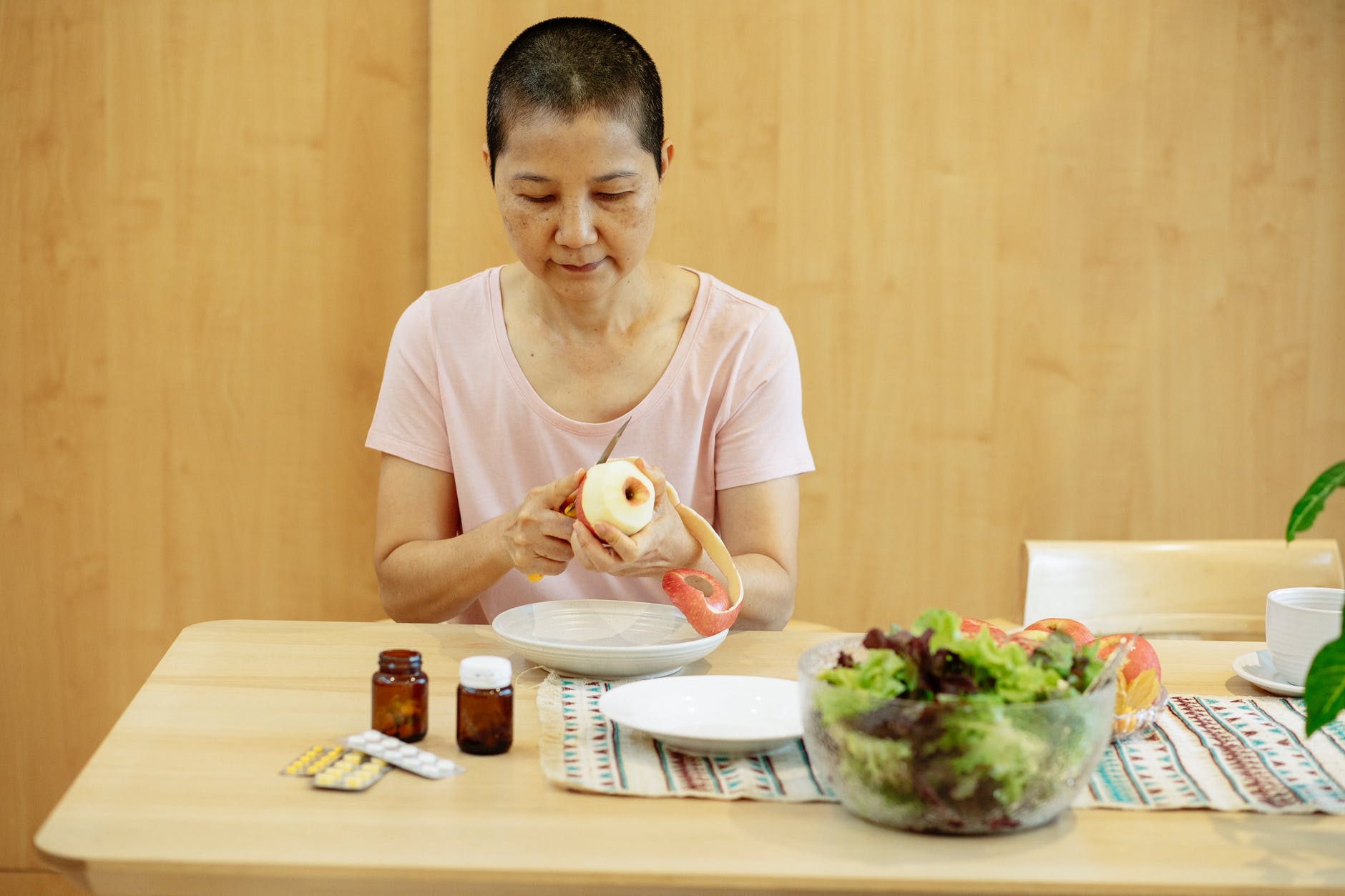Science has discovered more clearly how dangerous infections are to the body, and infections are linked to some deadly diseases such as certain types of cancer and Alzheimer’s disease. Chronic infections are often treated with steroids or anti-inflammatory drugs such as ibuprofen or nutritional supplements.

However, recent research has shown that the “anti-inflammatory diet” is one of the best therapeutic and preventive methods, according to the German website “Business Insider”.
The severity of chronic infections
“Inflammation is not always a bad thing, our bodies use inflammation as a signal to recover,” explains Dr. Mary Riker of the University of Arizona. This can be seen, for example, when redness and swelling occur in an infected wound. However, if the inflammation is chronic, it can lead to serious diseases such as cancer, heart disease, diabetes, and asthma.
This is when an anti-inflammatory diet is important because this diet is supposed to reduce chronic inflammation in the body.
What is an anti-inflammatory diet?
It’s not just a diet for a certain period of time, but rather a guided lifestyle explains Dr. Mary Riker of the University of Arizona. An anti-inflammatory diet focuses on whole, unprocessed foods and allows for a variety of nutrient-rich foods such as salmon, berries, and nuts.
Recommended foods to eat
Fatty fish: such as salmon, sardines, and mackerel, the omega-3 fatty acids in these foods have anti-inflammatory properties and are needed to balance omega-6s, which can cause inflammation.
Extra virgin olive oil: Extra virgin olive oil contains a special compound called oleocanthal that has anti-inflammatory effects similar to ibuprofen. So do Brussels sprouts, broccoli, sweet peppers, and fruits such as kiwis and oranges.
Nuts: Researchers have found that nutrients in nuts, such as omega-3 fatty acids, antioxidants, and magnesium, can help reduce inflammation, according to Business Insider.

Berries: especially blueberries, cranberries, blackberries, red berries, and strawberries. A study published in the International Journal of Molecular Sciences found that berries contain compounds that protect against inflammation and heart disease and help reduce the risk of certain types of cancer.
Tomatoes: Researchers have repeatedly found that the lycopene in tomatoes is an effective anti-inflammatory agent that can help prevent cardiovascular disease. Despite this, science is still trying to understand exactly how lycopene helps reduce inflammation.
Foods you should avoid
Certain foods can promote inflammation in the body and should be avoided, including processed carbohydrates, fatty red meat, fried foods, sugary drinks, and alcohol.
An anti-inflammatory diet is healthy and safe for most people, says Mary Riker, adding that it is relatively easy to stick to and should be maintained for life for best results.
The researcher offers this advice, “To be successful in reducing inflammation, you need to make lifestyle changes and follow a long-term diet, not just for three to six months,” according to Business Insider.
